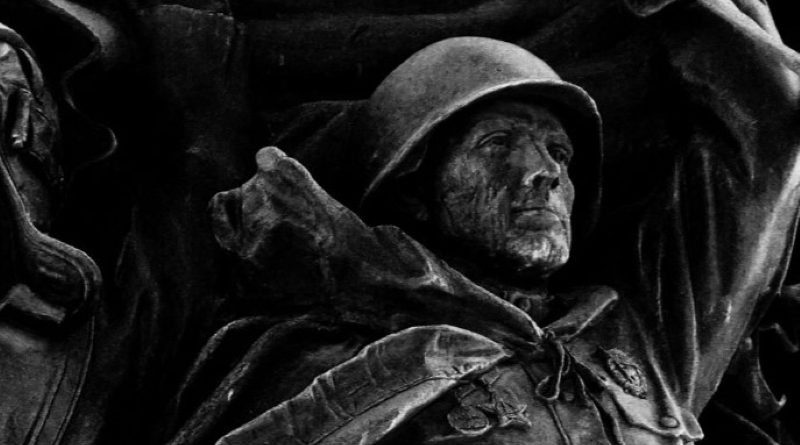Point of No Return
By Graham Vyse, with Chris Miller, Assistant Professor of International History at The Fletcher School of Law and Diplomacy at Tufts University
What is Russia losing in Ukraine? Chris Miller on the unplanned consequences of a brutal war of choice.
“The battle for Donbas will remind you of the Second World War,” Ukraine’s foreign minister told NATO earlier this month. Now Ukrainian and Russian forces are gearing up for the impending conflict in eastern Ukraine—a new and likely decisive phase of the current war that will give Russia the opportunity to rebound after failing to capture the capital, Kyiv. Yet even as Russia has the chance to make gains, there’s a growing recognition of all the country has lost—on the battlefield, at home, and globally. The Kremlin recently acknowledged “significant losses of troops,” as the news of their deaths makes its way to their families. (Russia’s most recent official estimate put its casualty count at 1,351, but according to NATO—more than three weeks ago—Russia had already lost between 7,000 and 15,000 soldiers.) Meanwhile, people are emigrating from Russia in record numbers—especially young, educated urban people—as the country’s economy reels from Western sanctions. What do these losses mean for the country and its future?
Chris Miller is an assistant professor of international history at Tufts University’s Fletcher School of Law and Diplomacy, and the co-director of the school’s Russia and Eurasia Program. As Miller sees it, Russia may end up taking more territory in Ukraine, maybe even achieving something it can call victory. But the evident shortcomings of Russia’s military—now on display for all the world to see—are diminishing the credibility of any future threats Moscow could make regionally. And the economic damage Russia is sustaining will limit its ability to project power over the long term globally. At the same time, it’s among the more open questions of the moment, to Miller, whether the invasion of Ukraine has injected enough uncertainty and instability into Russian politics to lead to a domestic political crisis—or what timeline such a crisis might unfold on.
Graham Vyse: What do we know about Putin’s risk calculation when he started this war?
Chris Miller: If you’d put yourself in Moscow’s information space in late February, a few things would have stood out to you: First, Russia has a very good military track record over the past two decades. It achieved military objectives in Georgia, Syria, and Ukraine. Putin and the rest of the Russian leadership had plenty of reason to think their military was capable of following orders, executing objectives, and winning limited wars.
Second, if you’d listened to Russian state media, you’d been hearing about corruption and domestic conflicts in Ukraine, the oligarchy there, and the Ukrainian government oppressing people who speak Russian in Ukraine there. There’d been an assumption not only that Ukraine isn’t a real state—in terms of having a claim to sovereignty and territorial integrity—but also that it isn’t a functional state. This led the Russian leadership to think a war would be relatively straightforward—because Ukraine was supposedly divided and inept.
Third, the Russian leadership believed Western influence in Ukraine was growing—in a political and military sense—and that Ukraine’s military modernization process was underway, which worried Russian leaders.
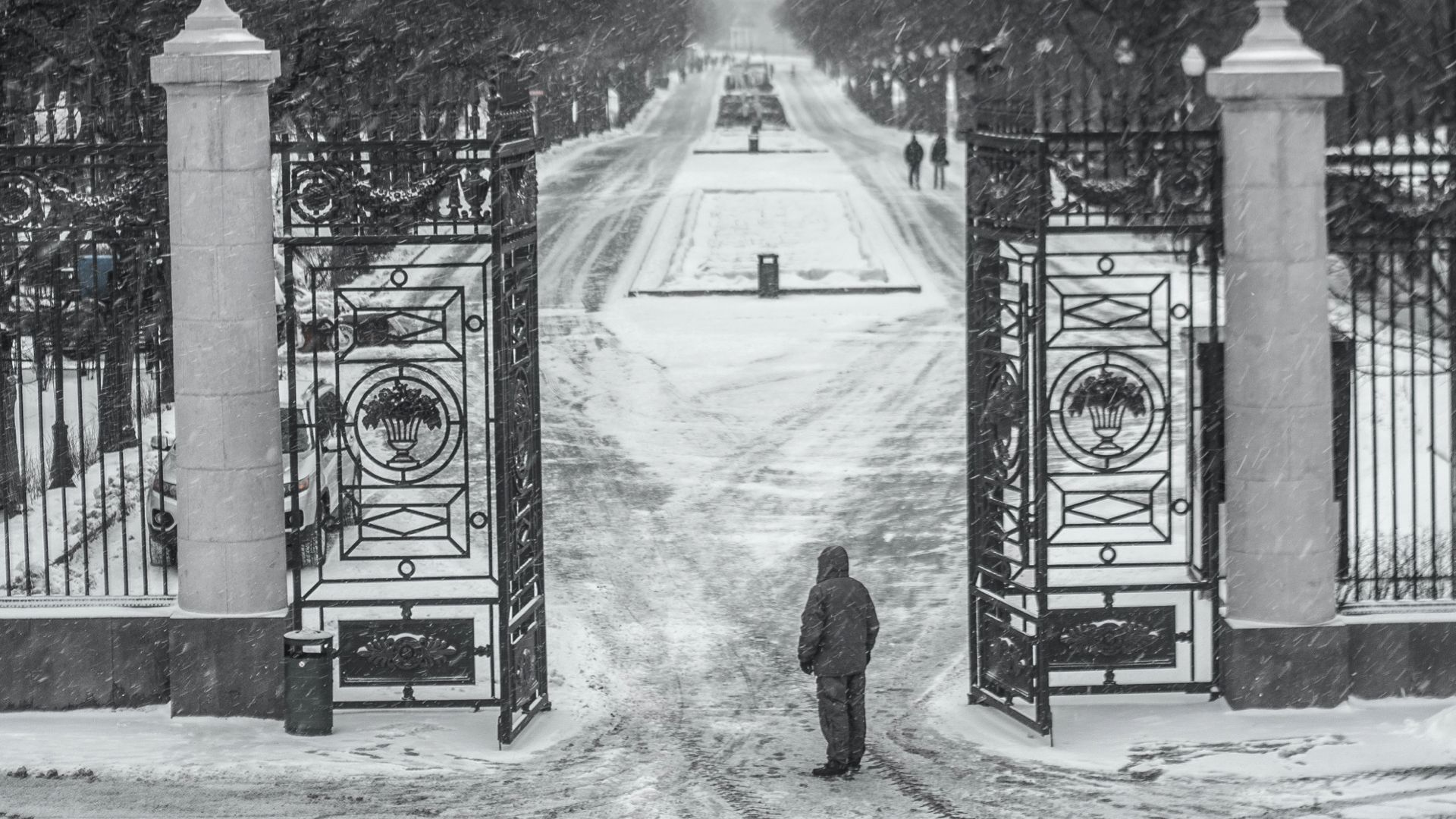
The Russians thought this war would be over in a matter of days—that there would be some casualties and equipment destroyed but that it would be straightforward. The West probably would have imposed one round of economic sanctions. The Russians weren’t crazy to think this, either; their war in Georgia lasted five days. The U.S. promised, emphatically and repeatedly, that it wouldn’t intervene militarily in this war. Had Moscow executed a better war plan, it’s not implausible that they could have had a lot more success in the early days of the conflict.
Vyse: At what point would Moscow have realized things weren’t going to plan?
Miller: It was quite early on. The morning after the first round of airstrikes—think about that moment in contrast to the initial U.S. air campaign against Iraq in 1999 or 2003, when the first couple of days of strikes were intended to knock out command and control, disabling the Iraqi government’s ability to understand what was happening on the battlefield. A few days after this current war in Ukraine began, it was evident that Russia’s early strikes did none of that. It was still possible for Zelensky to broadcast live from the center of Kyiv. The Russians wouldn’t have anticipated that.
Then Russia was shocked by the economic sanctioning of its central bank, which happened within the first week of the war. The Russians hadn’t prepared for that, and Western policymakers thought it was inconceivable until days before it happened.
After the West imposed sanctions on Russia in 2014, the Russians tried to sanction-proof their economy. They built up alternative payment mechanisms and a substantial war chest of foreign currency reserves. In my view, though, any analysis of these sanction-proofing efforts before the war would have suggested the efforts weren’t very impressive.
Vyse: What kind of losses do you see Russia already suffering as a result of the war?
Miller: The Russians believe they’ve already lost a lot, although it’s important to acknowledge they could end up gaining a big chunk of Ukrainian territory. It’s clear that the economic cost to Russia has been substantial—maybe 10 percent of GDP this year. Russia has been cut off from global supply chains, especially for technologies like semiconductors, which makes it hard for the country to modernize major swaths of its economy or produce military equipment. In the meantime, as many as 200,000 people have fled Russia, and they’re some of the best-educated and most economically productive people in the country.
At the same time, the West is more unified than it was before the war started. We’re going to see NATO expand this summer if Sweden and Finland join, which they look likely to do. That’s a loss for Russia too. We’re going to see a big increase in European defense spending.
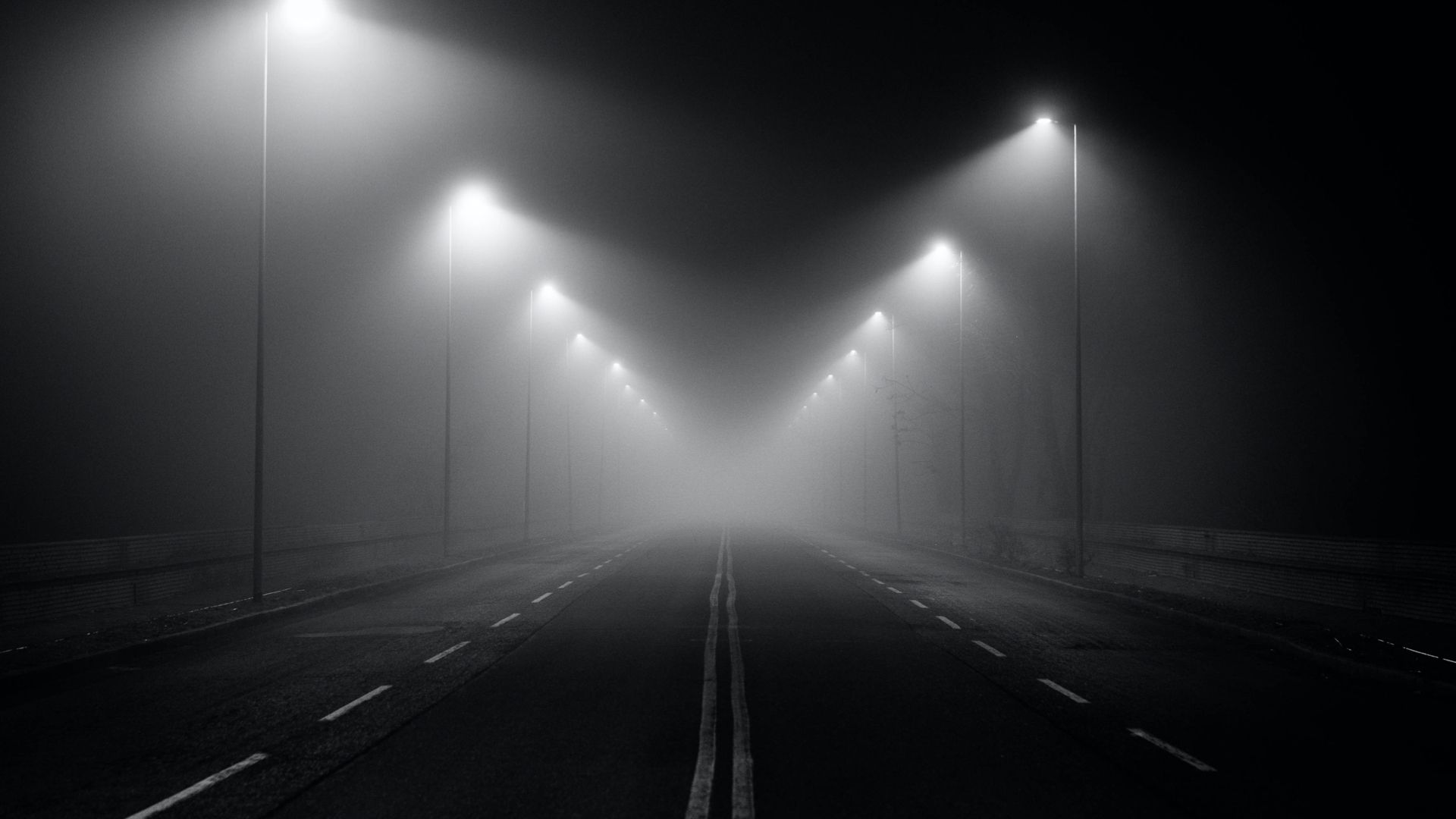
Now, Western commentary often focuses on the cost of the war to Russia’s reputation—for violating International law—but I suspect some of those costs will end up being less meaningful in the long run the Western analysts might like to think. The biggest cost to Russia’s reputation has actually been from the fact that its military has performed so badly, rather than the fact that it’s violated Ukraine’s sovereignty.
Vyse: What’s that cost of that bad performance, beyond the obvious immediate effect of it being harder for Russia to fight a war they’ve started?
Miller: It definitely makes it less likely that Russia will use its military in the foreseeable future. Russian elites are almost certainly downgrading their own estimates about their country’s military capacity. Future Russian threats of military force will be less credible, at least in the short term.
Vyse: You mentioned some of the economic consequences Russia’s now facing. How are they changing everyday life in the country?
Miller: There’ve been immediate economic effects—especially for urban, upper-middle-class consumers of no-longer-available products. Western brands are pulling their goods from stores. McDonald’s is shutting down. All of this reduces the quality and variety of goods Russians can buy. But those are only the short-term effects. We’re starting to see an impact on inflation; prices are rising and incomes won’t keep up.
When you adjust for this inflation, Russian incomes may fall 10 percent in the course of the year—a drastic decline in living standards. That’s going to leave almost every Russian substantially poorer than they were before the war started. We’ve meanwhile already seen reports about many types of industries—from railroads and automobiles to shipping and aviation—having trouble sourcing components. We’ve seen report after report of, for example, Russian car factories being shut down because they can’t get the components they need from Europe or elsewhere. Russia’s economy was never that impressive, and now it’s going to shrink drastically, as it becomes clear just how reliant Russia was on the West for technologies.
Vyse: At this point, what outcome would Moscow be hoping for in the war?
Miller: If you consider what Moscow might still get out of the war, relative to what they asked for in late February, it’s clear they’ve already backed down significantly. Zelensky isn’t going to be ousted as Ukraine’s president. Ukraine isn’t going to become a colony of Russia. Moscow’s goal now is to take control of the rest of the Donbas region, imposing a significant defeat on the Ukrainian military in the process. If Russia can do that over the coming weeks, it will say it’s defeated the “Nazis” and defended the Donbas from the Ukrainian government. I imagine that would be enough of a victory for Russia to conclude the war—though it’s far from clear whether it will be able to achieve that.
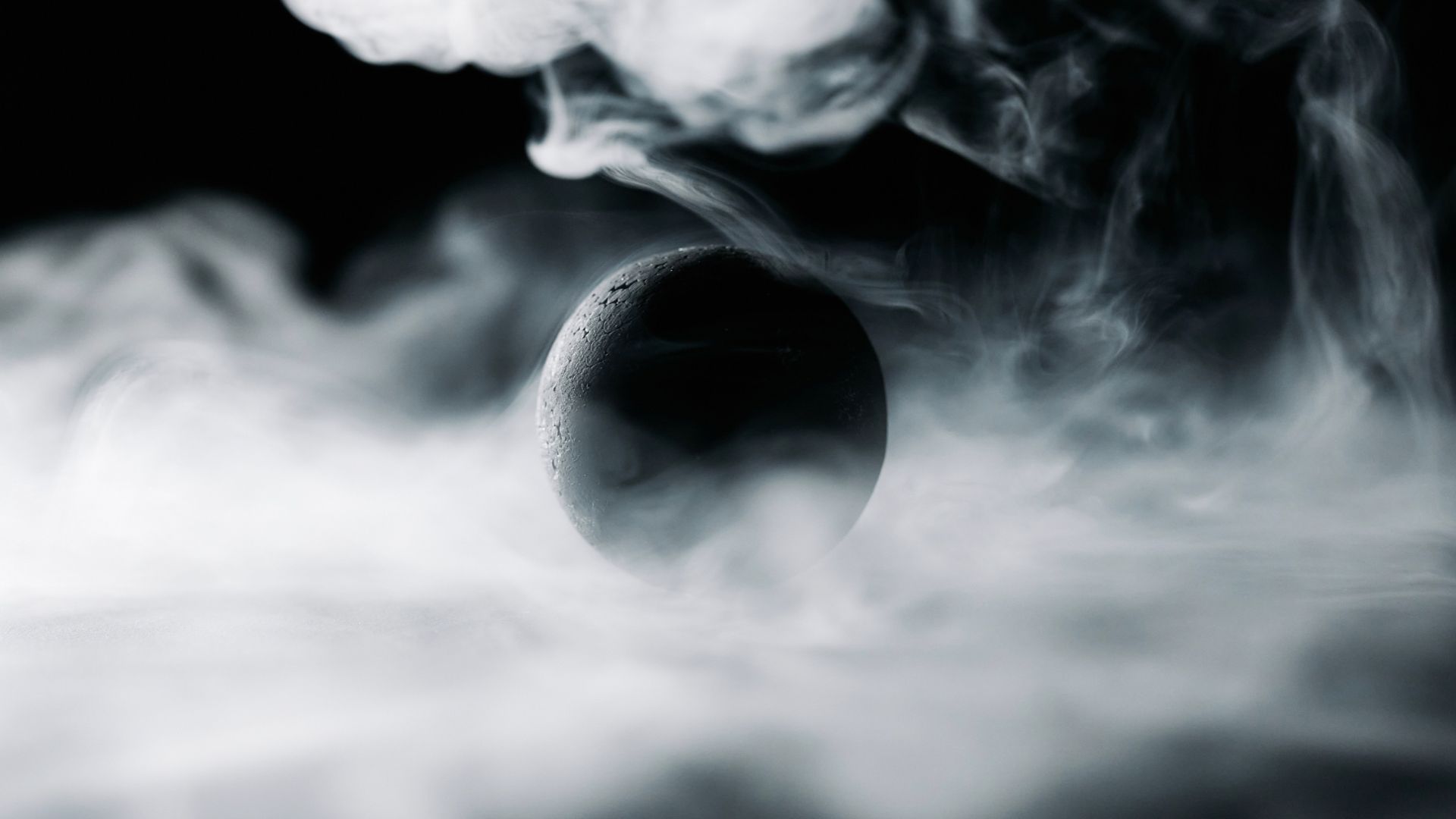
Vyse: How is the war affecting the Putin regime’s hold on power?
Miller: If you’d asked me about the longevity of the Putin regime before this war started, I would’ve said the regime is likely to be limited only by Putin’s lifespan. He seemed to be setting himself up for a lifetime in power. The past two months added a lot of uncertainty to that forecast, though he may still retain power for months or years to come. Prior to the war, Putin could tell a success story about how he’d made Russia a great power on the world stage once again. It’s harder to argue that now. On the economic front, he doesn’t have a good story to tell anymore. His first decade in power brought rapid growth in Russian incomes. His second decade in power brought stagnation, but Russians were still thankful for that first decade. Now we’re in Putin’s third decade of power, and income levels from his first decade are going to return. People are unlikely to be as thankful for his economic management.
Until six weeks ago, Russian elites thought of Putin as a reasonably safe pair of hands—someone capable of balancing domestic politics and foreign policy in a way that wouldn’t rock the boat. That’s obviously not true anymore. The war surprised many Russian elites. The fact that Putin did something they assumed was inconceivable might erode their confidence in him.
Vyse: How would Putin lose power?
Miller: Historically, there are a few different ways Russian leaders have lost power. Some died of natural causes. A number of tsars were assassinated—strangled, shot, or attacked with bombs. A handful has been forcibly yet peacefully retired—Nikita Khrushchev, after bungling his way through the Cuban Missile Crisis, was removed by conspiring Communist Party elites—which is certainly one model for how Putin could go, though in this case, it wouldn’t be party elites but the secret-service chiefs. Voluntary retirement is a historical aberration.
Vyse: How are the war and its consequences transforming Russia’s future more broadly?
Miller: We’re going to learn a lot more about the direction of Russia’s domestic politics over this summer and into this fall. There has been a rally-around-the-flag dynamic among the Russian people, though it’s hard to know whether to believe the polling suggesting that 60 or 70 percent of them support the war. This is a dangerous time to answer a poll honestly in Russia. There’s also been a consolidation of elite support for Putin. A few elites fled the country, but the rest—even if they dislike the war and were surprised that it happened—decided that their only hope is to keep quiet about it and get behind the government.
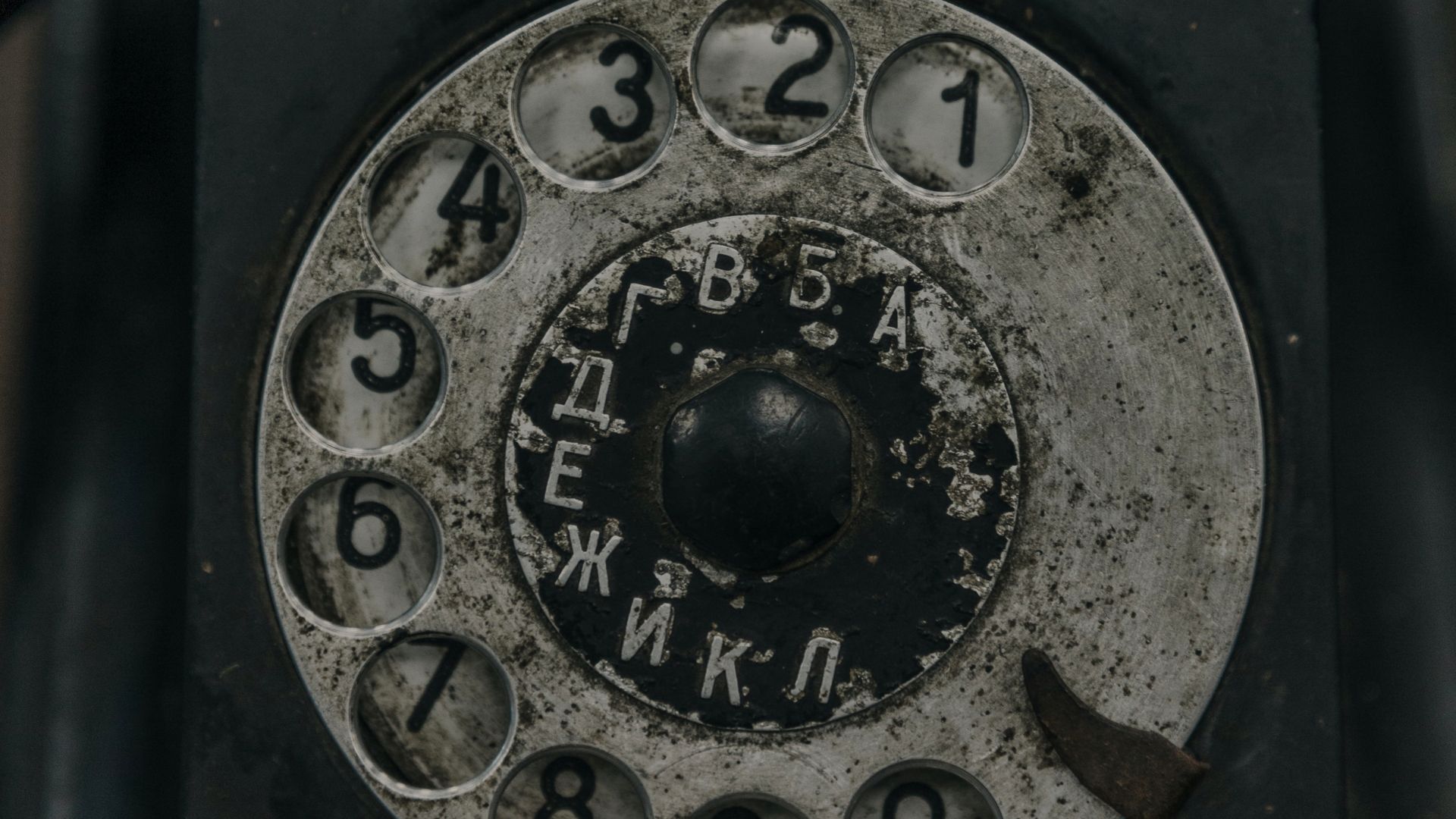
For now, the Russian government benefits from the war continuing—and from the surge in patriotic sentiment around it. But when it ends—whenever it ends—it’ll be hard for the Kremlin to avoid domestic political questions. A ceasefire may coincide with the recognition that the initial economic stabilization Russia’s policymakers were able to achieve—the ruble has been stabilized and there hasn’t been a financial crisis—came at the cost of popular incomes and long-term growth. This would reduce some of the patriotic sentiment Putin’s now benefiting from.
The question is how the Russian government will respond to that. One option would be to double down on repression, which has increased in the past few weeks. In the past, it was always a dramatic overstatement to compare to Putin to Stalin, but we’ve seen a rapid march in that direction. We’ll have to watch closely over the next couple of months to see whether Russian politics finds a new equilibrium or whether no end to the intensified repression comes into sight, because that’s the only option the Russian government has. When we look back on the coming years in, say, 2035, there’s a good chance we’ll trace a future moment of political crisis in Russia to Putin’s decision to invade Ukraine.
This piece is republished from The Signal.

